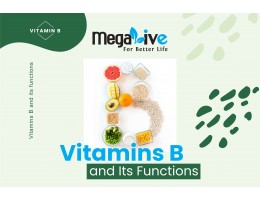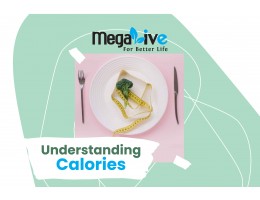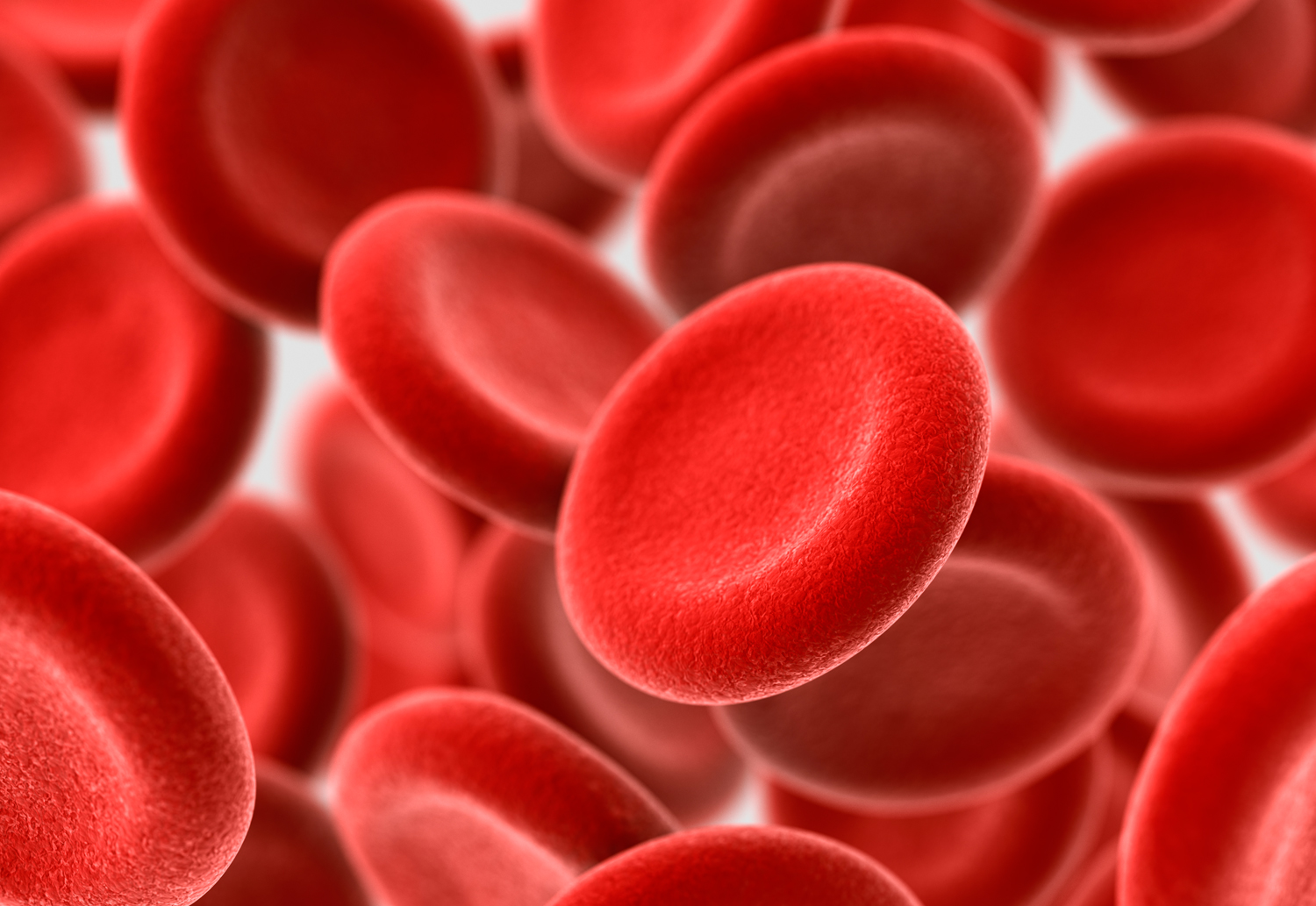Vitamin B1 (Thiamin)
Thiamin is essential for normal growth and development and helps to maintain proper functioning of the heart and the nervous and digestive systems. Thiamin deficiency will result in overall decrease in carbohydrate and protein metabolism. Severe consequences can also lead to decrease the formation of acetylcholine for neural function.
Vitamin B2 (Riboflavin)
The main function of riboflavin is to help the body to convert carbohydrate to energy.
Riboflavin is important for the metabolism of carbohydrate, amino acids and lipids. Riboflavin also acts as an antioxidant due to its ability to activate antioxidant enzymes. Antioxidants fight free radicals and reduce DNA damage. Riboflavin also has a role in helping the body to convert vitamin B6 to folate to a form that it can be used in the body.
Vitamin B3 (Niacin)
Niacin is important in the catabolism of fats, proteins, carbohydrates and alcohol to produces energy. Niacin deficiency includes fatigue, poor appetite, diarrhea, irritability, headache, and emotional instability. Important sources of preformed niacin include beef, liver, pork, fish, anchovies, peanuts and other nuts, whole grains and whole-meal wheat flour.
Vitamin B5 (Pantothenic Acid)
Pantothenic acid helps the body convert food (carbohydrates) into fuel (glucose), which the
body uses to produce energy. It helps the body use fats and protein. In addition to playing a role in the breakdown of fats and carbohydrates for energy, pantothenic acid is critical to the manufacture of red blood cells, as well as sex and stress-related hormones produced in the adrenal glands. It is also important in maintaining a healthy digestive tract, and it helps the body use other vitamins, particularly riboflavin.
Vitamin B6 (Pyridoxine)
Vitamin B6 helps with metabolism of protein and regulator of steroid hormone such as androgens, estrogens, progesterone and glucocorticoids. Vitamin B6 must be obtained from the diet, as human beings cannot synthesize it. It is abundance in poultry, meats, fish such as tuna and in fruits such as banana, jackfruit (nangka) and durian.
Vitamin B9 (Folate)
Folate plays an important role in hematopoiesis and the production of red blood cells. Through catabolism process of folate, a considerable small loss of folate occurs via excretion from the urine, skin, and bile, hence there is a need to replenish the body’s folate content from the diet. Foods such as legumes and green leafy vegetables are outstanding sources of folate.
Vitamin B12 (Cobalamin)
Cobalamin is required for proper red blood cell formation, neurological function, and
DNA synthesis. Megaloblastic anaemia is the most frequent deficiency, which affects red blood cells and all other blood cells. Most of the cobalamin deficiency occurs due to cobalamin malabsorption, rather than inadequate dietary intake.









